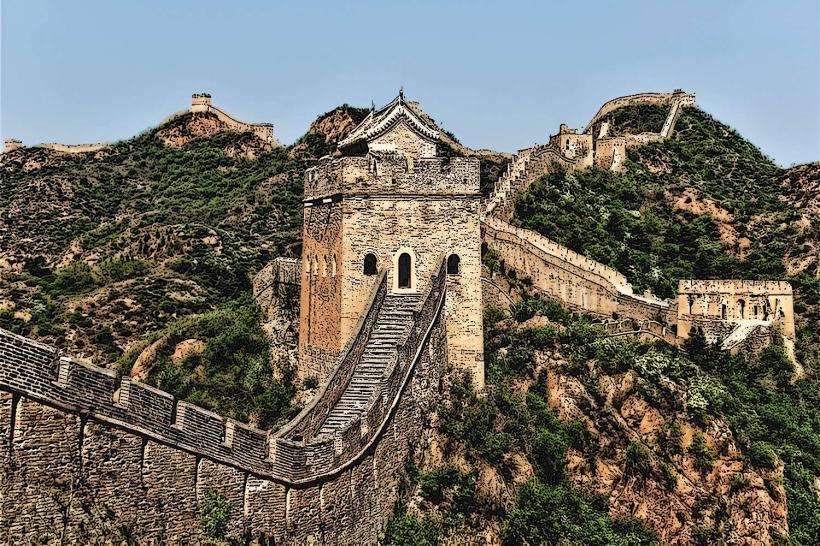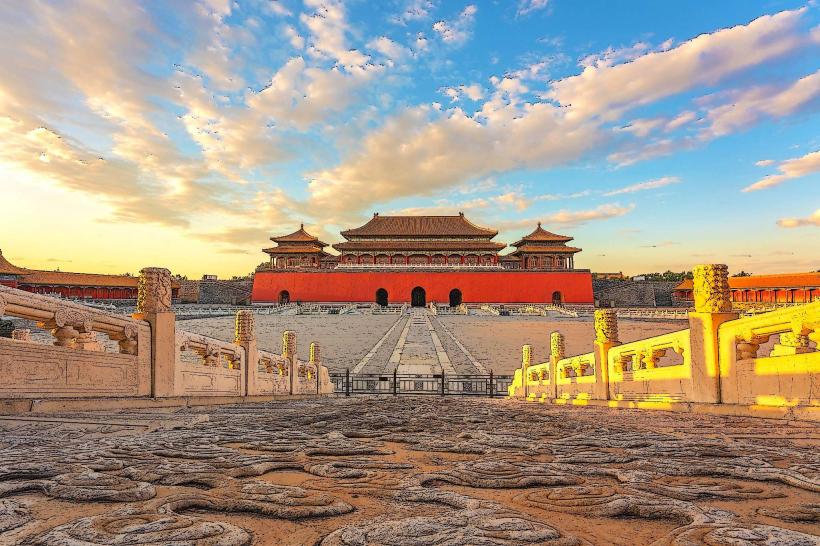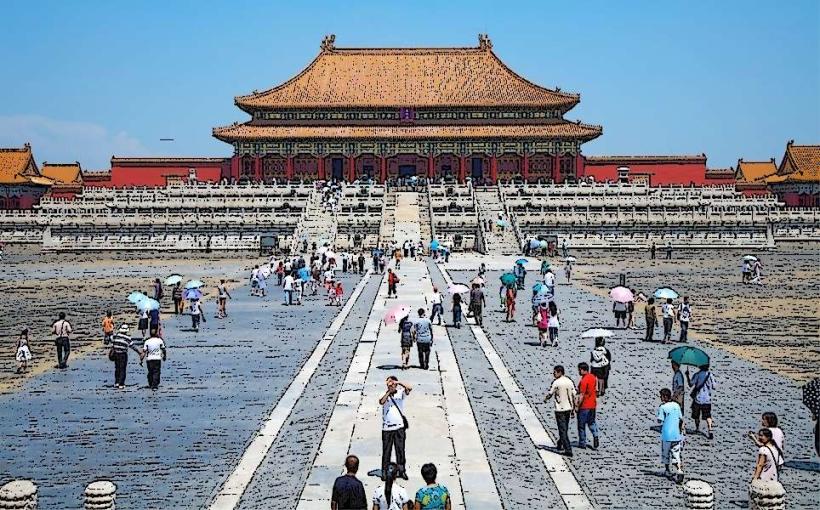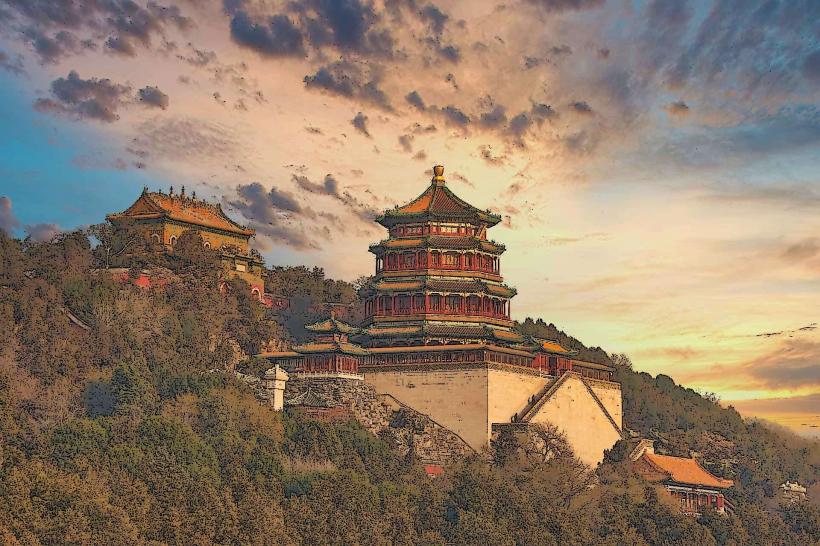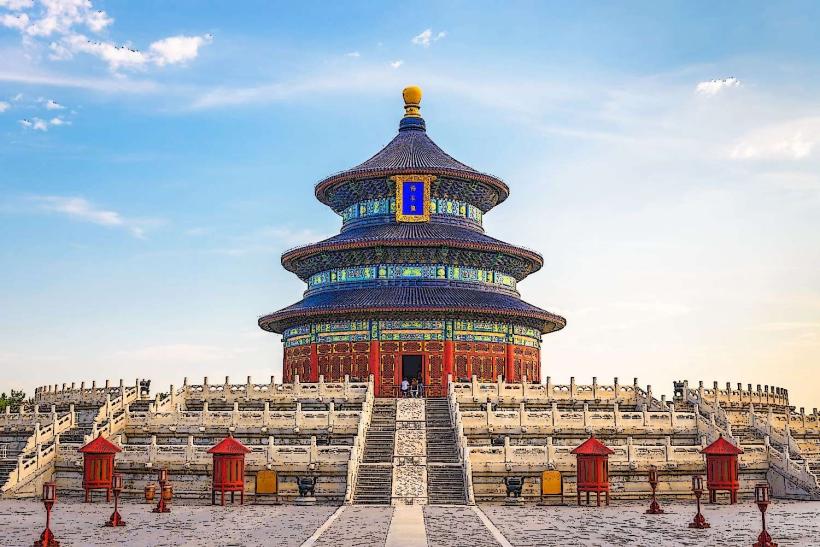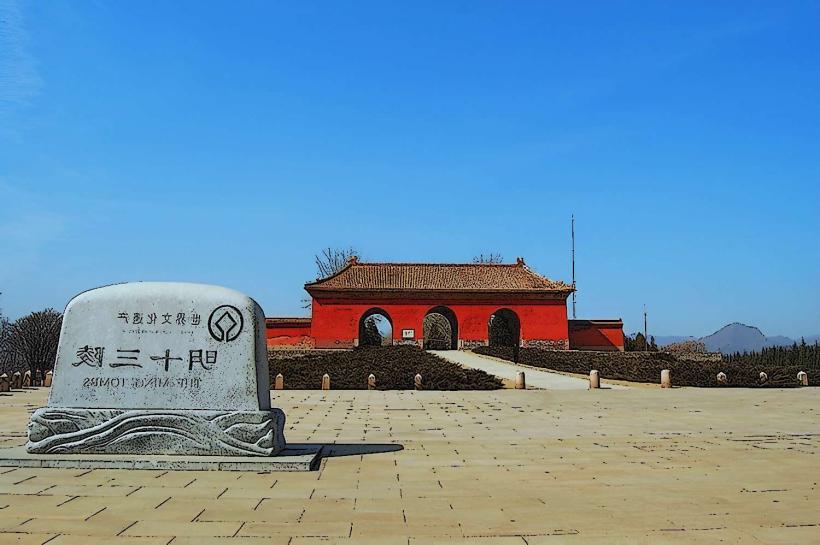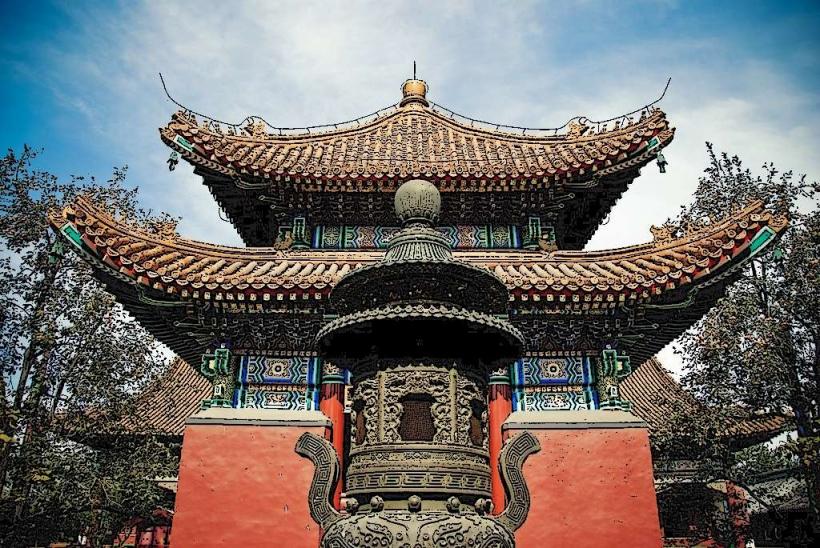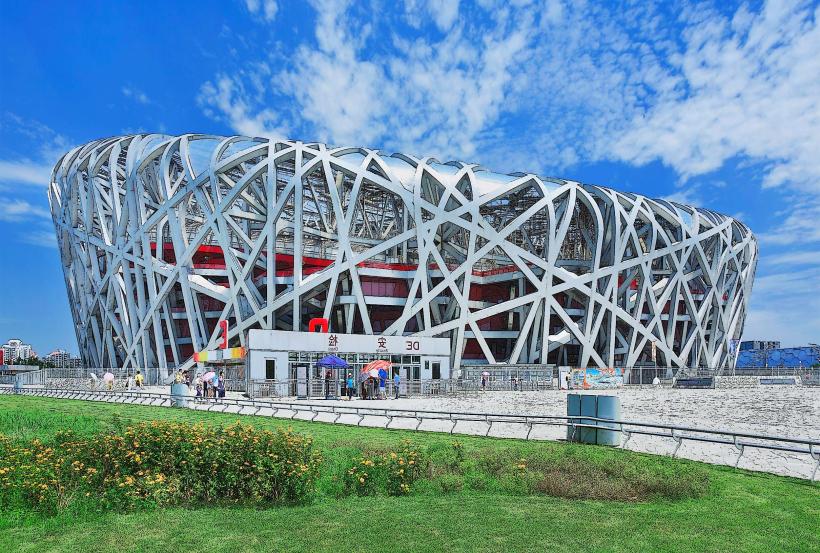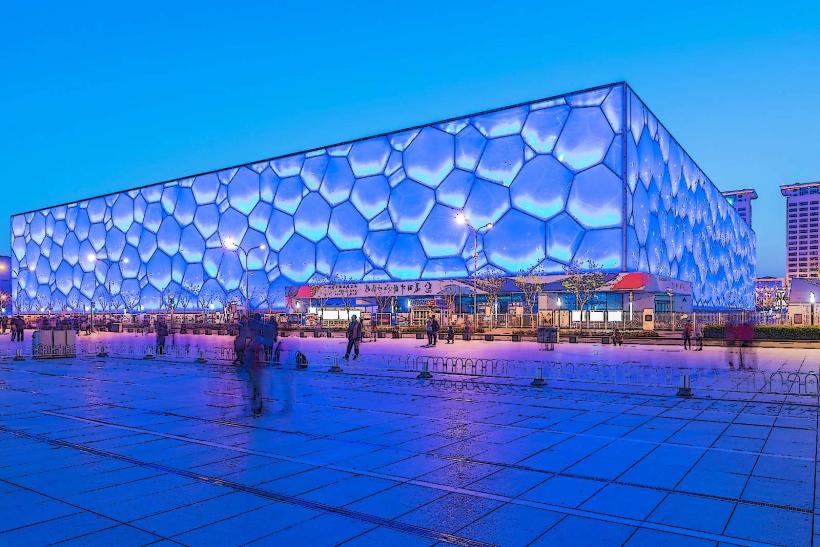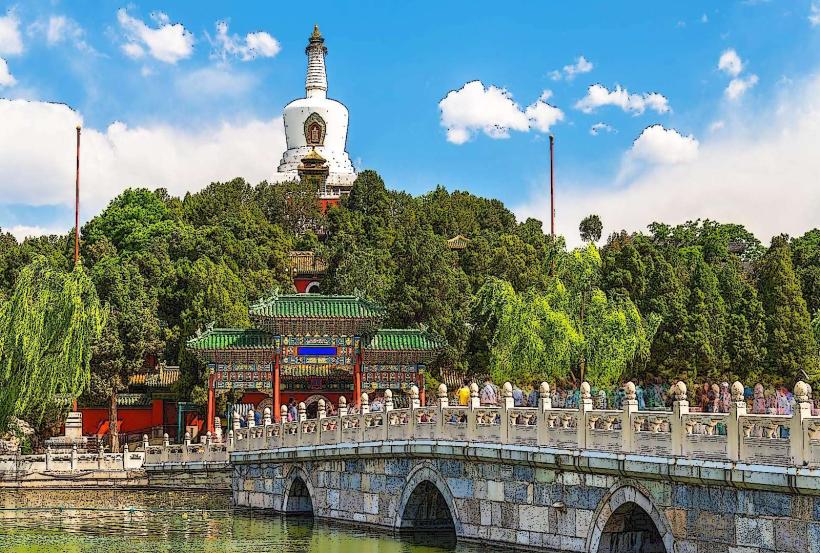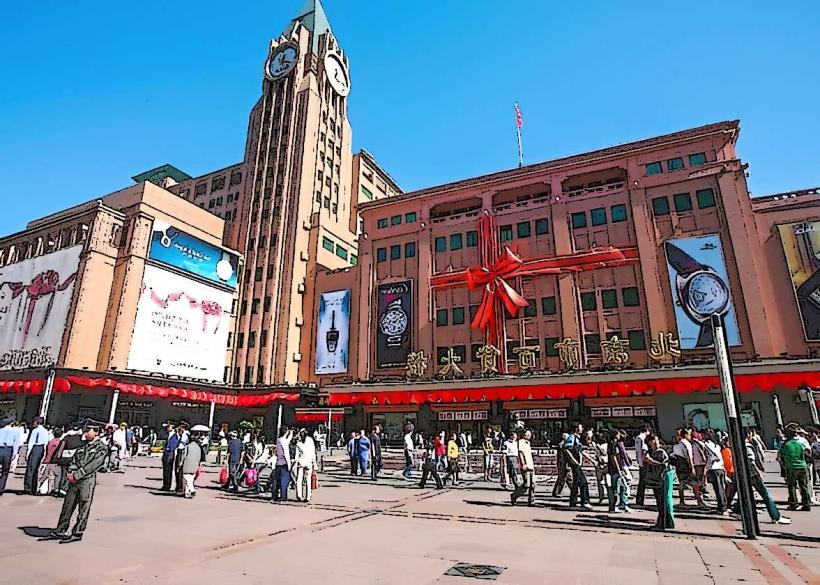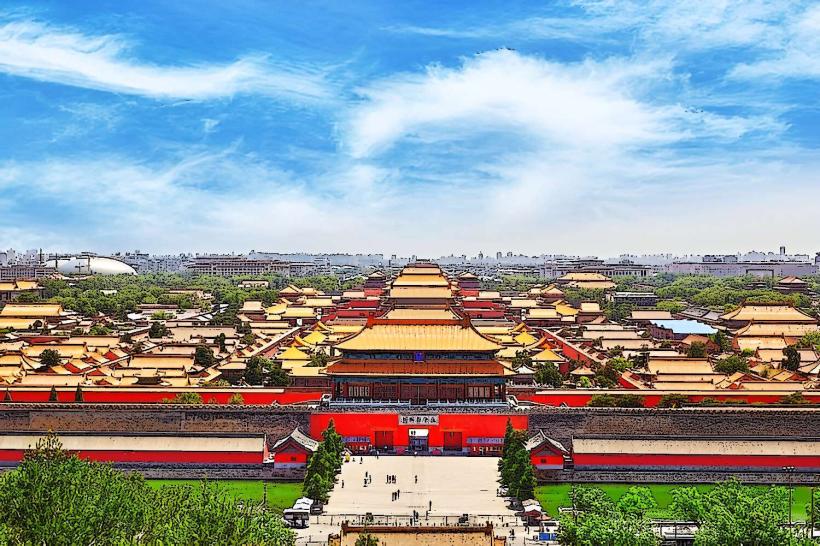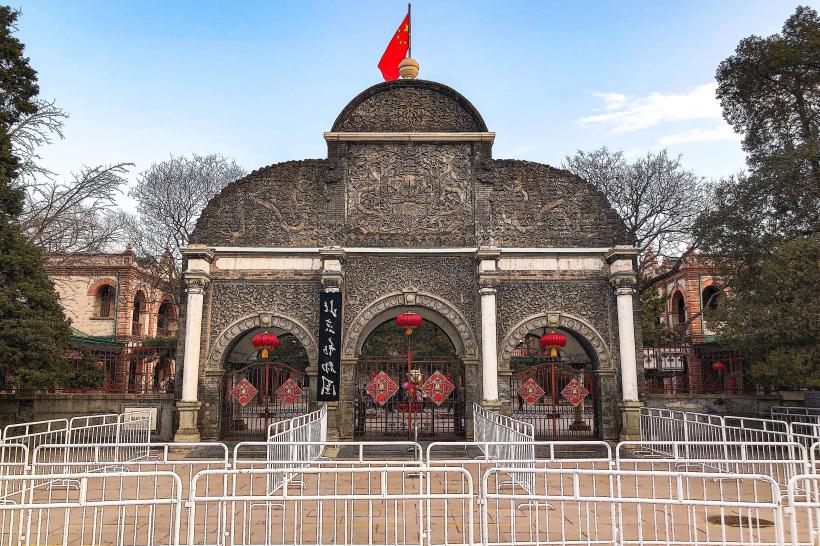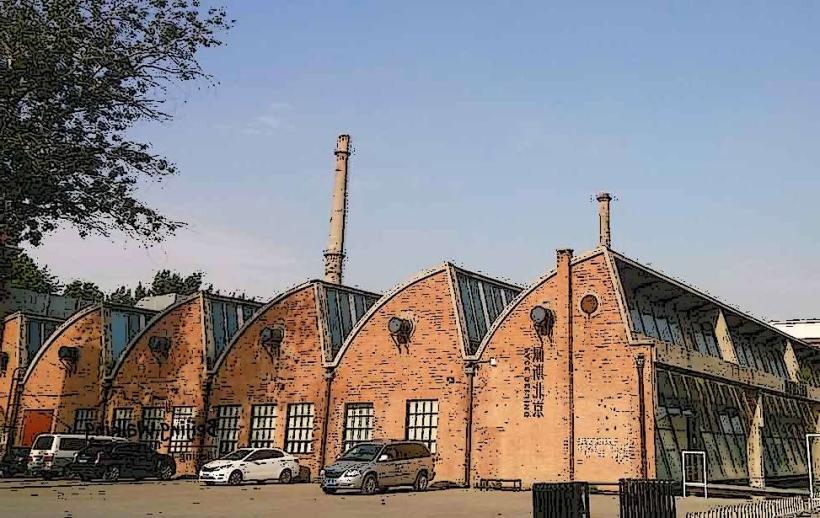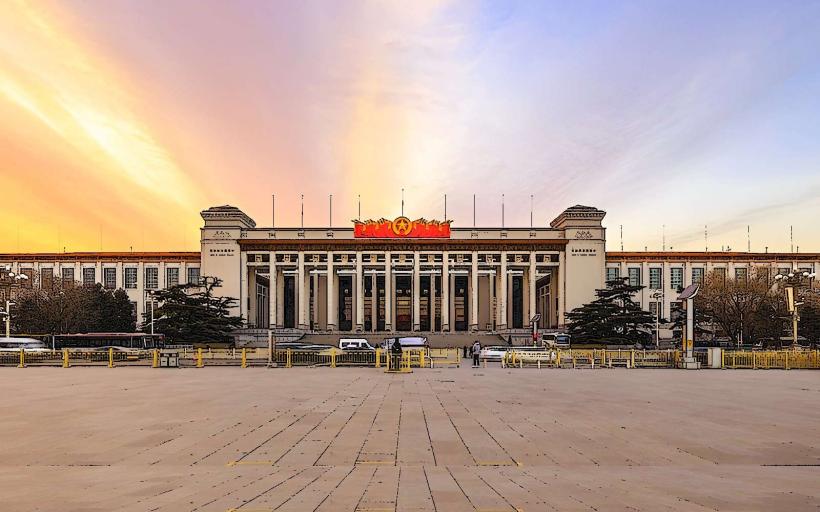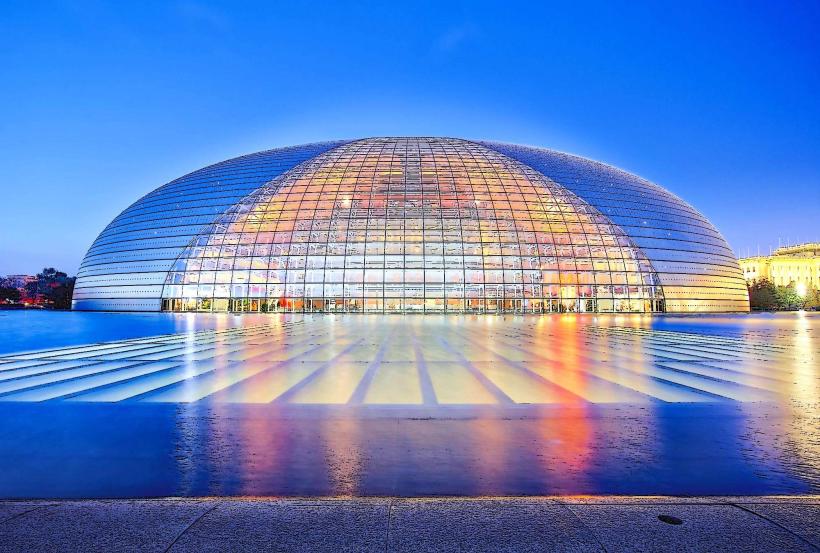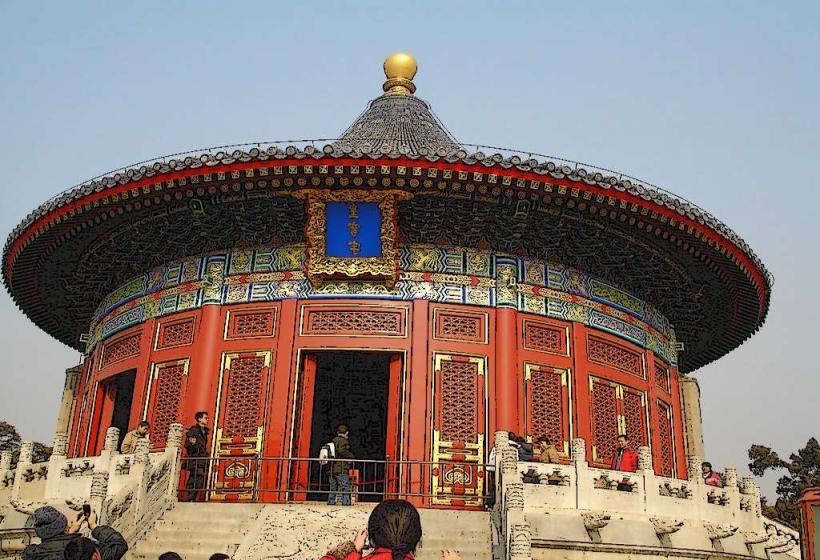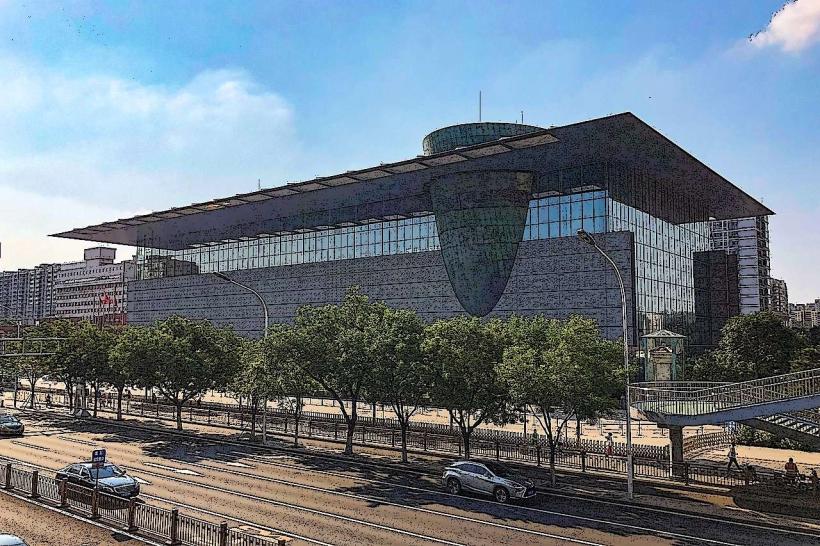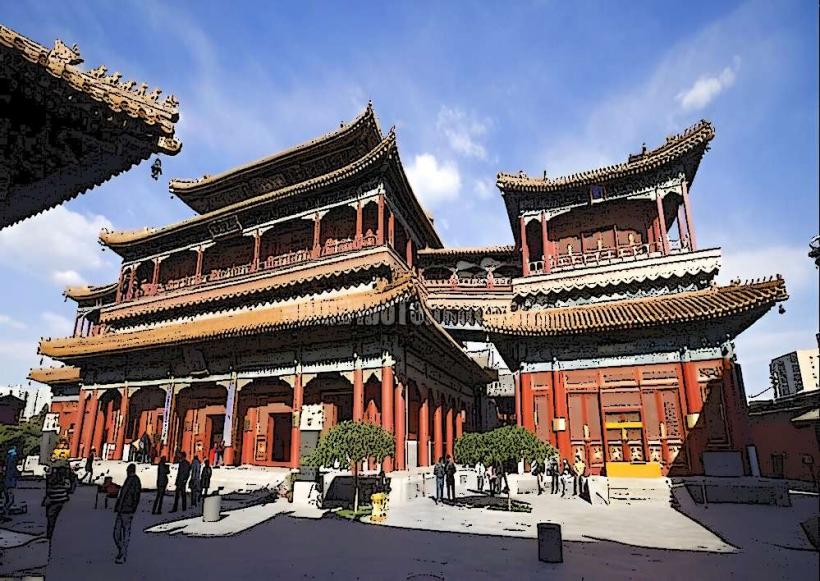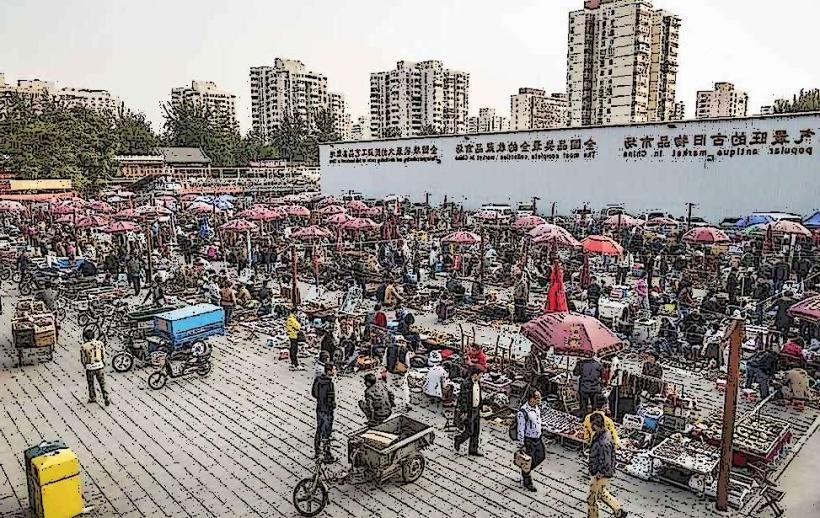Information
City: BeijingCountry: China
Continent: Asia
Beijing, China, Asia
Beijing is the capital of the People's Republic of China and its primary political, cultural, and educational center. It is situated on the northern edge of the North China Plain.
Historical Timeline
Beijing has been the capital for most of the last eight centuries. Originally the capital of the State of Yan (Ji), it rose to imperial prominence as Dadu under the Mongol Yuan Dynasty (1279). Governance transitioned through the Ming and Qing Dynasties before the 1949 establishment of the PRC. The primary event shaping the current urban form was the mid-20th century removal of the city walls to build the 2nd Ring Road and the post-1980s expansion into a concentric ring-road system.
Demographics & Population
The 2026 estimated population is approximately 22.9 million. The demographic is predominantly Han Chinese, though as the national capital, it contains representatives from all 56 of China's ethnic groups. The median age is approximately 38.2 years.
Urban Layout & Key Districts
The city is organized into 16 districts in a series of concentric ring roads. The 2 most important districts are Dongcheng/Xicheng (the "Inner City" containing the Forbidden City and central government offices, located Central) and Haidian (the technology and academic hub, located Northwest).
Top City Landmarks
Forbidden City (The Palace Museum)
Summer Palace (Yiheyuan)
Great Wall (Badaling or Mutianyu sections)
Bird's Nest (National Stadium)
Transportation Network
Beijing operates one of the world's most extensive subway systems, with over 27 lines. Movement is supported by a massive bus network and high-speed rail links via Beijing South, West, and North stations. Didi is the dominant ride-hailing service; traditional taxis are plentiful but increasingly integrated into the Didi app. Traffic density is extreme; a "license plate lottery" and "road space rationing" (based on plate numbers) are used to manage congestion.
Safety & "Red Zones"
The general safety level for physical crime is very high. There are no "red zones." Risks are limited to petty scams in tourist areas, such as the "Tea Ceremony" or "Art Student" scams in Wangfujing or Houhai. Foreigners should avoid "Sensitive Areas" during political anniversaries (e.g., Tiananmen Square in early June) as security screening becomes significantly more intensive.
Digital & Financial Infrastructure
Internet speeds average 100–300 Mbps; the "Great Firewall" restricts access to many Western services without a VPN. As of 2026, the Digital Yuan (e-CNY) is fully integrated, featuring interest-bearing wallet capabilities. Alipay and WeChat Pay are universal; many vendors no longer carry sufficient change for cash (RMB). International credit cards are accepted in high-end hotels and malls, but linking them to Alipay/WeChat is mandatory for daily functionality.
Climate & Air Quality
Beijing has a monsoon-influenced continental climate. Winters are cold and dry (-10°C); summers are hot and humid (35°C). Air quality has improved significantly but remains subject to seasonal "smog" or spring sandstorms. The primary weather risk is extreme dryness in winter and occasional flash floods during the July–August "Plum Rains."
Culture & Social Norms
Tipping is not practiced and may be refused. Social etiquette emphasizes "face" (Mianzi) and indirect communication. Dress code is "metropolitan casual." Modest dress is required in temples. Local culture is defined by the Hutong (narrow alleys) and a distinct "Beijing Dialect" (Erhua).
Accommodation Zones
Dongcheng (Wangfujing/Qianmen): Stay here for proximity to major historical landmarks and traditional architecture.
Chaoyang (Sanlitun/CBD): Stay here for international dining, nightlife, and modern skyscrapers.
Haidian: Stay here for proximity to the Summer Palace and university campuses.
Local Cost Index
1 Espresso: 30 RMB ($4.20 USD)
1 Standard Lunch (Jianbing or Noodles): 25 RMB ($3.50 USD)
1 Taxi (Short city drop): 20 RMB ($2.80 USD)
Nearby Day Trips
Great Wall (Mutianyu): 75 km (1.5 hours by car)
Ming Tombs: 50 km (1 hour by car)
Tianjin: 120 km (30 minutes by High-Speed Rail)
Fragrant Hills (Xiangshan): 25 km (45 minutes by metro/car)
Facts & Legends
Beijing is the only city to have hosted both the Summer (2008) and Winter (2022) Olympic Games. A local legend involves the "Nine-Dragon Wall" in Beihai Park, said to protect the palace from evil spirits. A verified historical oddity is that the city’s central axis-running from the Yongdingmen Gate to the Drum and Bell Towers-is perfectly aligned and has dictated the city's symmetrical growth for over 600 years.

